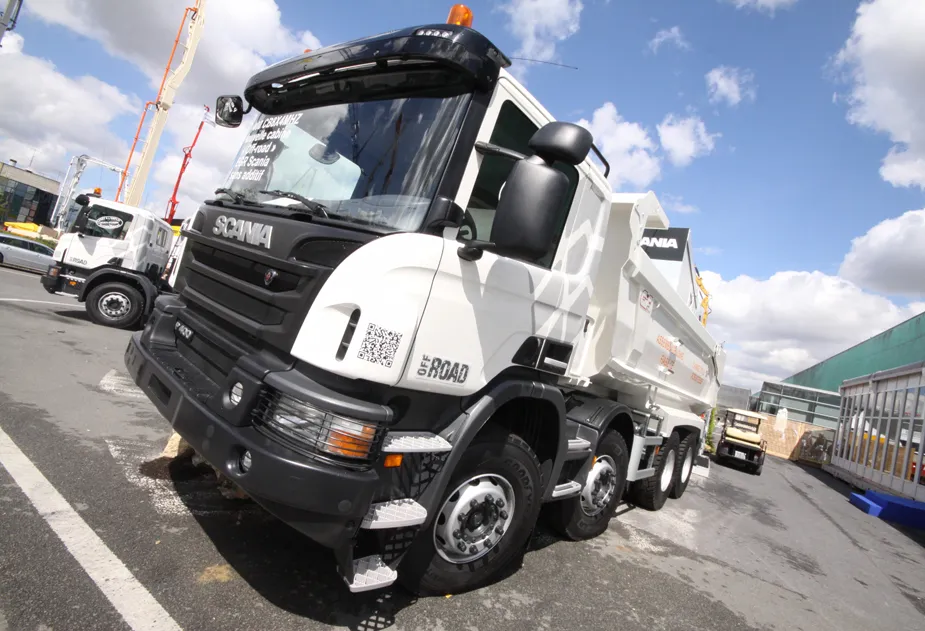As editor of World Highways, information is provided on a great deal of revolutionary new traffic technology. Some of these new innovations offer major advantages in cutting congestion; smart systems that can regulate traffic flow or reduce risks for commuters. But it is worth remembering too that some of the solutions to urban transportation, as well as cutting urban pollution, have been around for a very long time. The humble bicycle is a highly efficient machine for transportation over comparatively shor
July 8, 2016
Read time: 3 mins

As editor of World Highways, information is provided on a great deal of revolutionary new traffic technology. Some of these new innovations offer major advantages in cutting congestion; smart systems that can regulate traffic flow or reduce risks for commuters. But it is worth remembering too that some of the solutions to urban transportation, as well as cutting urban pollution, have been around for a very long time. The humble bicycle is a highly efficient machine for transportation over comparatively short distances. Bicycles take up little road space, cause next to no wear and tear on road surfaces and have no exhaust emissions.
In congested European cities for example, with narrow streets that may date back centuries and high population densities, using personal motor vehicle transport can make little sense. Anyone who has sat in a traffic jam in a major city in their car should appreciate that for short journeys at least, using four wheels can be a time-wasting and frustrating exercise.
The authorities in the Dutch city of Amsterdam found in the 1970s that the road fatality rate was spiralling ever upwards, and resolved to do something about it. Tough parking restrictions were imposed, while cycling facilities were improved, along with a massive investment in public transport.
Despite its comparatively high population density, Amsterdam has a low rate of traffic congestion. It is worth noting too that the Netherlands, due in part to its high rate of cycling, also has amongst the longest average lifespans of any country in the world. While the Netherlands does have the benefits of western healthcare in this respect, the fact that so many people exercise regularly by cycling has to be a factor in why the Dutch live longer than their European neighbours.
Nor is Amsterdam alone in championing the bicycle. Danish capital Copenhagen has just as high a percentage of cyclists on its roads, with car commuting also representing a low percentage of its city traffic.
Other cities in the world are beginning to take note, with Munich (perhaps ironically, the home of car manufacturer BMW), Berlin, London, Paris, Mexico City, San Francisco and Seattle amongst those keen to encourage more people to cycle instead of driving.
In looking ahead to the future of transport, some believe that driverless cars could take the place of public transport. But this seems a wild claim and driverless cars seem most likely to take the place of rideshare vehicles or taxis.
The real future for urban commuting could well lie with a combination of cycling and public transport.
For more topics like this, visit3260 World Highways website
Mike Woof, EDITOR
%$Linker:2 Email <?xml version="1.0" encoding="utf-16"?><dictionary /> 0 0 0 oLinkEmail [email protected] false mailto:[email protected]?subject=email%[email protected] true false %>
In congested European cities for example, with narrow streets that may date back centuries and high population densities, using personal motor vehicle transport can make little sense. Anyone who has sat in a traffic jam in a major city in their car should appreciate that for short journeys at least, using four wheels can be a time-wasting and frustrating exercise.
The authorities in the Dutch city of Amsterdam found in the 1970s that the road fatality rate was spiralling ever upwards, and resolved to do something about it. Tough parking restrictions were imposed, while cycling facilities were improved, along with a massive investment in public transport.
Despite its comparatively high population density, Amsterdam has a low rate of traffic congestion. It is worth noting too that the Netherlands, due in part to its high rate of cycling, also has amongst the longest average lifespans of any country in the world. While the Netherlands does have the benefits of western healthcare in this respect, the fact that so many people exercise regularly by cycling has to be a factor in why the Dutch live longer than their European neighbours.
Nor is Amsterdam alone in championing the bicycle. Danish capital Copenhagen has just as high a percentage of cyclists on its roads, with car commuting also representing a low percentage of its city traffic.
Other cities in the world are beginning to take note, with Munich (perhaps ironically, the home of car manufacturer BMW), Berlin, London, Paris, Mexico City, San Francisco and Seattle amongst those keen to encourage more people to cycle instead of driving.
In looking ahead to the future of transport, some believe that driverless cars could take the place of public transport. But this seems a wild claim and driverless cars seem most likely to take the place of rideshare vehicles or taxis.
The real future for urban commuting could well lie with a combination of cycling and public transport.
For more topics like this, visit
Mike Woof, EDITOR
%$Linker:






